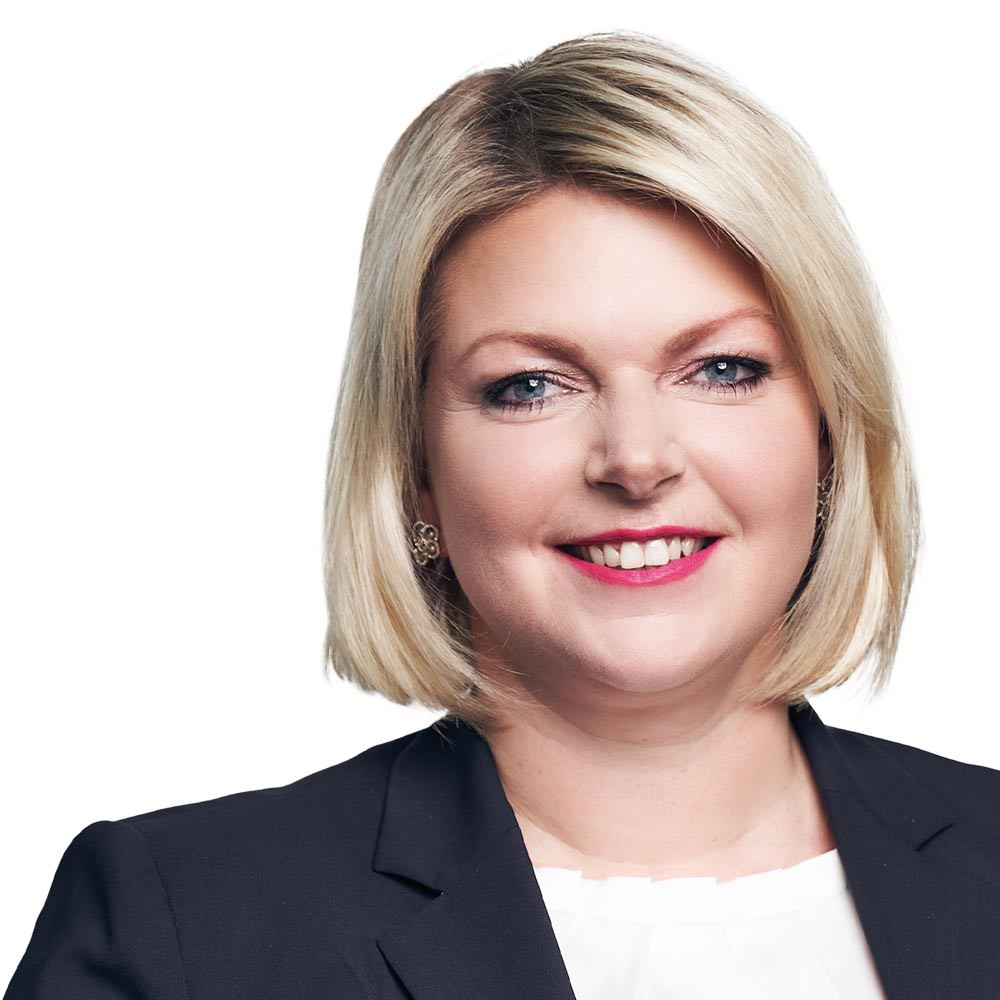- Total compensation for DAX CEOs increased by 3.6% to an average EUR 7.5 million whilst profits remained stable.
- Beiersdorf’s CEO earnings reached a new all-time high with EUR 23.45 million.
- Germany is in danger of losing transparency when it comes to executive pay: As of next year, hundreds of millions of compensation payments will disappear from sight.
“hkp/// group Executive Compensation Annual Report Evaluation DAX 2018” analysis
Frankfurt, March 25, 2019 Whilst group results remained stable on average, compensation for the chief executive officers (CEOs) of the largest listed companies in Germany (DAX companies) showed another moderate increase. Compensation rose by 3.6% for the 2018 fiscal year, with DAX CEOs now earning on average EUR 7.5 million (2017: EUR 7.3 million).
With EUR 21.15 million, the income of SAP CEO reached a historic high among DAX companies in 2017. This amount was topped once more in 2018 when Beiersdorf’s CEO climbed to the top of the compensation leaderboard with earnings totaling EUR 23.45 million. This is the result of varying amounts of remuneration accrued over a number of years. According to compensation disclosed so far, it also tops European CEO income.
These are the findings of the "hkp/// group Executive Compensation Annual Report Evaluation DAX 2018” analysis. It is based on data from the published annual reports of 28 DAX-listed companies for the 2018 fiscal year, excluding the remuneration reports of Wirecard AG and Linde plc. Both are listed in the DAX but have not yet published their annual statements. In accordance with the recommendations of the German Corporate Governance Code (DCGK), the analysis incorporates all elements of compensation, including pensions and fringe benefits and thus represents the total income received.
“The moderate 3.6% increase in CEO remuneration reflects the moderate increase in company profits. Amounts paid in annual bonuses are getting smaller, at the same time though, we are seeing further increases in long-term compensation, which has now had several good years,” says Regine Siepmann, Partner and Head of Board Services at hkp/// group. Michael H. Kramarsch, Managing Partner of hkp/// group adds: “Over the past five years, we have seen a steady rise in multi-year variable compensation and pensions. Together they amount to about 60% of the total remuneration. That makes us even more worried about the plans to drop the transparency rules for precisely these elements.”
More details
In second place in the DAX remuneration ranking for the reporting period is the Allianz CEO with 10.33 million. This amount is also achieved as a result of a peculiarity in long-term compensation, i.e. payment of accrued income over three fiscal years. No other compensation was above the EUR 10 million mark, often publicly regarded as critical, and which was still exceeded by five CEOs in 2017.
There is a noticeable reduction in CEO pay in the automotive industry: The CEOs of Daimler and BMW rank 6th and 17th with remuneration amounting to EUR 8.25 million and EUR 5.80 million respectively. Following the change at the helm of Volkswagen, this company is not included in the ranking of the full-year figures. With EUR 8.49 million, the pay for the new VW CEO, who was only appointed to the post partway through fiscal 2018, would currently occupy 6th place in the DAX compensation ranking.
|
Top 3 compensation for DAX CEOs 2018 |
Total compensation |
|
Beiersdorf |
EUR 23.45 million |
|
Allianz |
EUR 10.33 million |
|
SAP |
EUR 9.97 million |
|
Bottom 3 compensation for DAX CEOs 2018 |
|
|
Fresenius |
EUR 4.49 million |
|
Infineon |
EUR 39.60 million |
|
RWE |
EUR 3.10 million |
Fig. 1: The top and bottom total pay packages for DAX CEOs in the 2018 fiscal year (DCGK Model Table, CEO in office all year)
Compared with other countries, remuneration for DAX CEOs continues to be well below that of their European and US counterparts. For instance, the average amounts earned by the CEOs of STOXX listed companies are 1.2 times that of DAX companies, while the amounts in the Dow Jones are 3.2 times of those in the DAX.
The outlook: new regulatory framework unclear
Just as in the previous year, almost all companies follow the current DCGK recommendations and apply the DCGK Model Tables for disclosing their executive compensation with specific disclosures of remuneration agreed and paid. hkp/// group Partner Regine Siepmann explains: “The current proposals for amendments to both the DCGK and the German Stock Corporation Act (AktG) will mean that we stand to lose this high, world-leading, level of transparency.” She adds that the current European recommendations for disclosure of remuneration in the second Shareholder Rights Directive also fall short of the already inadequate requirements of the German Commercial Code (HGB).
And hkp/// group Managing Partner Michael H. Kramarsch warns of the consequences: “Apparent delays with the German Act Implementing the Shareholders' Rights Directive (ARUG II) and the DCGK are putting German listed companies in a difficult position. Since disclosure in accordance with the HGB has been shown not to be a viable option, companies lack official guidance on how to present their executive compensation. Investors are likely to exploit this gap to the full and define their own standards. In their statements on the DCGK, many of them have already explicitly referred the Model Tables and the Guidelines for Sustainable Management Board Remuneration Systems.”
Contact Thomas Müller, mobile: +49 176 100 88 237, Email: thomas.mueller@hkp.com




